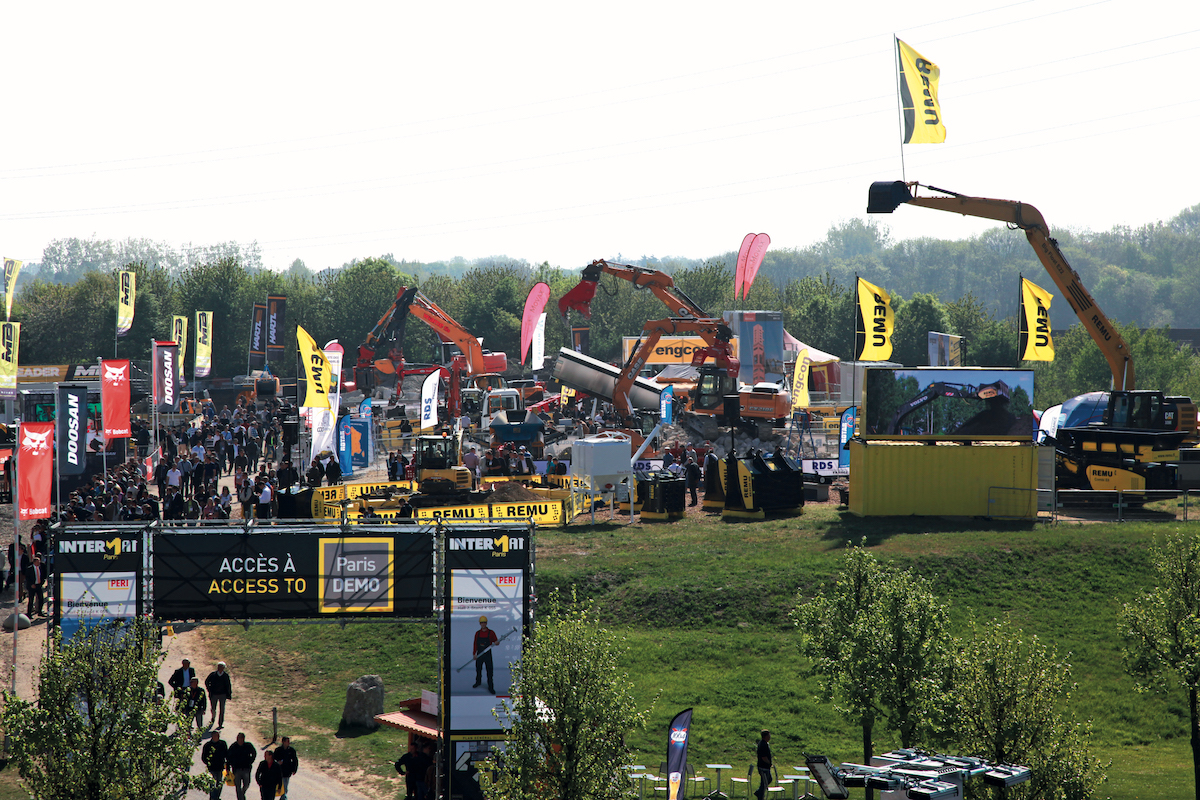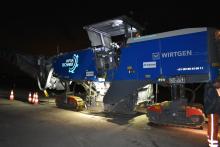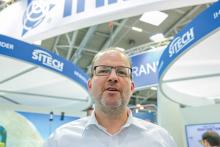
The system provides a steady flow of information about the road surface as the lidar unit scans the whole width of the roadway continuously. The digital design model that is then generated is far more accurate as a result.
Topcon claims that the RD-M1 Collect 2.0 is designed to simplify setup and automatically detect the position of the sensor during data collection. By gathering data at a higher speed, the unit can deliver higher productivity while also delivering better results. The system has a new Memos tool that allows operators to places messages onto the map, while collecting data that also can be made visible in the processing software. This allows specific site conditions to be noted for future reference. Also new is the Manage Runs tool, which means the system can be used without having to open Windows Explorer. Operators can copy data onto a USB drive, delete the information from the hard drive, while the RD-M1 Collect 2.0 Plan Route feature allows for the import of kml files. By using the latest map downloader tool, machine operators can gain access to map details while collecting data, but without the need for an internet connection.
The firm says that using the system for scanning can create a high density point cloud, which the software can then simplify and use to generate a highly accurate digital terrain model. From that the user can develop a new project design, which can then be loaded onto construction equipment for machine guidance purposes.







